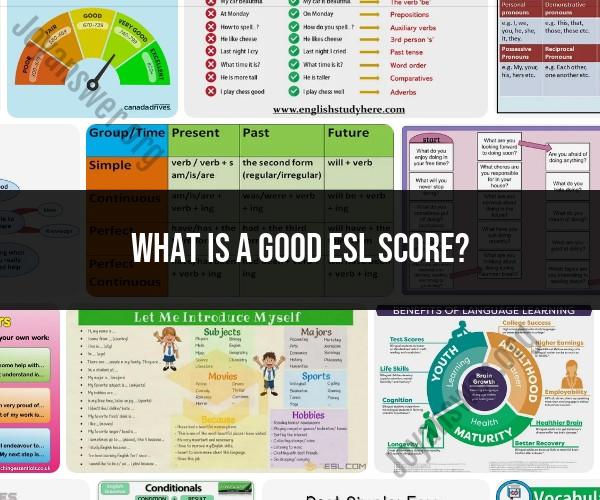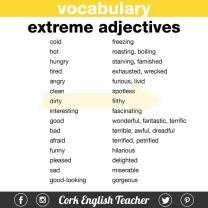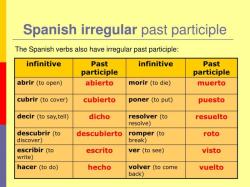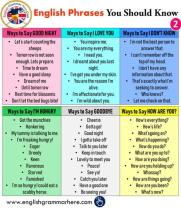What is a good ESL score?
A "good" English as a Second Language (ESL) proficiency score can vary depending on factors such as the purpose of assessment, the specific test being used, the proficiency level being measured, and the individual's goals. Different standardized tests and assessments, such as the TOEFL, IELTS, TOEIC, and others, have their own scoring systems and score ranges.
Here are a few factors to consider when evaluating ESL proficiency scores:
Test Score Ranges: Different tests have different score ranges. For example, the TOEFL iBT has a total score range of 0-120, while the IELTS has a band score range of 1-9. Understanding the score ranges of the test you're using is important for interpretation.
Proficiency Levels: ESL proficiency levels are often categorized as beginner, intermediate, advanced, and fluent. What constitutes a "good" score can vary depending on the individual's current proficiency level. For instance, a score that is considered "good" for a beginner might be lower than what's considered "good" for an advanced student.
Educational Goals: Different educational institutions, programs, and employers may have specific score requirements. It's important to know what scores are considered acceptable for admission, employment, or other purposes.
Test Sections: Many ESL tests are divided into sections, such as reading, writing, listening, and speaking. Different institutions or purposes may prioritize different sections, so a "good" score might depend on a balanced performance across sections.
Comparison with Norms: Some tests provide information on the average scores of test-takers. You can compare your score to these averages to get a sense of how you're performing relative to others.
Personal Goals: A "good" score is ultimately tied to the individual's goals. If your goal is to enroll in an English-speaking university, your target score might be different from someone who needs English for travel or daily communication.
Progress Over Time: Improvement over time is also a valuable indicator. A score that represents progress and growth in language skills can be seen as a positive achievement.
It's recommended to research the specific ESL test you're taking and its score interpretation guidelines. Also, consider seeking advice from educational institutions, language schools, or professionals in the field to understand what score aligns with your goals. Keep in mind that the concept of a "good" ESL score is relative and should be assessed based on individual circumstances and goals.












